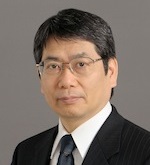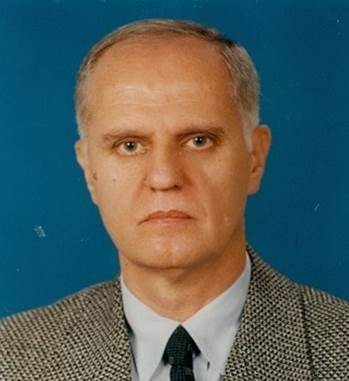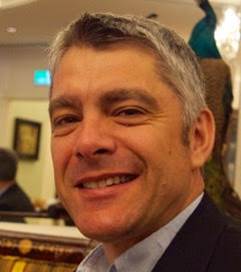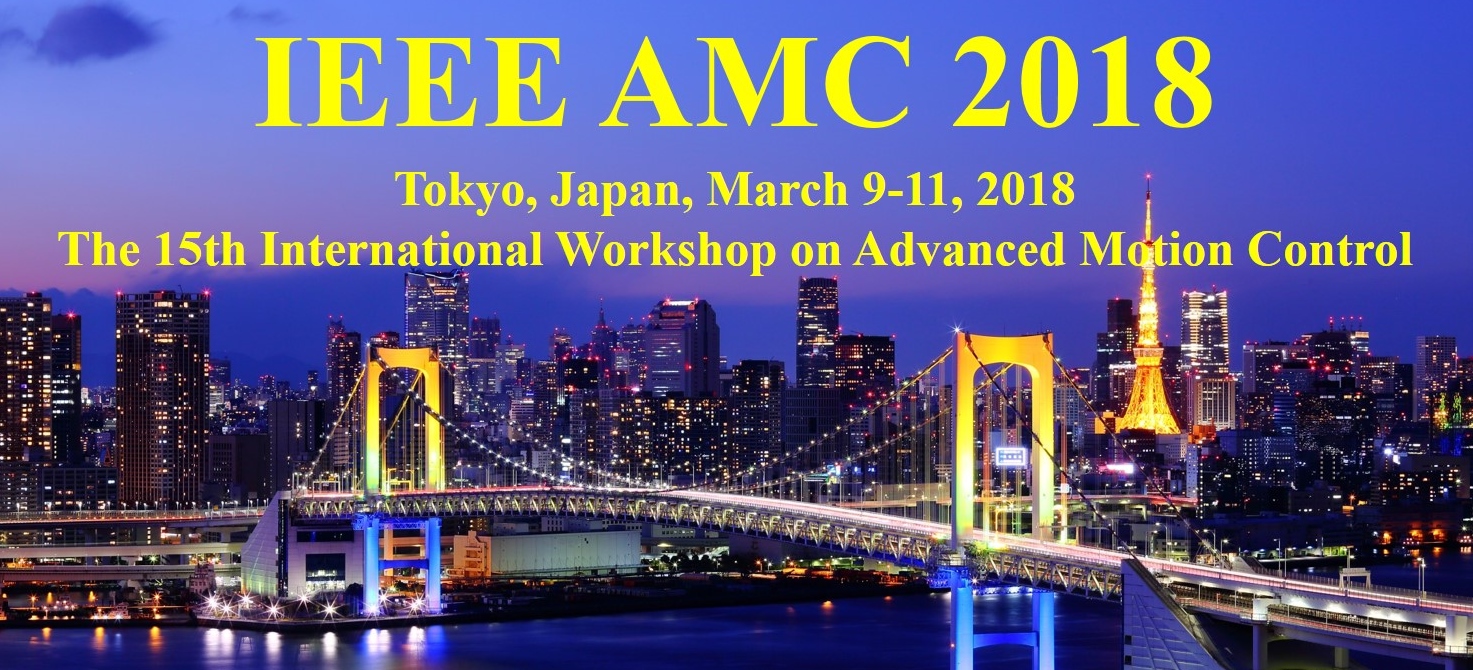PLENARY SESSIONS
We are pleased to announce the following plenary speakers:
Soft Robotics for Future Society

Professor Kouhei Ohnishi
Keio University, Japan
Abstract:
Professor Kouhei Ohnishi
Keio University, Japan
The principle of standardization as typified by "the greatest happiness of the greatest number" had been a backbone through 20th century. Aging society to come, however, needs independent service for independent person to maximize each QOL. So-called service robot physically interacting with various objects should come into our future society. Real haptics is not only a technology to transmit the force/tactile sensation but a strong tool to transfer the motion skill including contact task to the service robot. The talk introduces what is such "soft robotics", how it works, and so on.
From The Motor Control to The Motion Control

Professor Asif Šabanović
International University of Sarajevo, Bosnia and Herzegovina
Abstract:
Professor Asif Šabanović
International University of Sarajevo, Bosnia and Herzegovina
The motion control technology passed many twists and turns to reach current state of the art, and for sure it faces many more twist and turns in the future development. In this talk I will try to enlighten the future development of the motion control technology by reflecting on its development path shaped by the idea of the disturbance rejection and disturbance observer (DOB) proposed by Prof. K. Ohnishi a few decades ago. The idea of disturbance rejection profoundly influenced early stage of the motor control development and is still shaping applications to the new tasks, the network paradigm, and the never-ending growth of complexity of the motion control. In addition, in this talk, I will try to look at the interplay of the new ideas in control system design and implementation with the diversity of the tasks and complexities that are expected to be solved within motion control framework.
How Disturbance Observer Changed my Life

Professor Roberto Oboe
University of Padova, Italy
Abstract:
Professor Roberto Oboe
University of Padova, Italy
DOB made its first appearance in 1983, when prof. Ohnishi presented a paper entitled "Torque-Speed Regulation of a DC Motor Based on Load torque Estimation Method". In 1990, I become aware of this innovative concept but, at that time, I had to convince my skeptical colleagues about the powerful disturbance rejection of the DOB, compared to standard, old-fashioned PID-based controllers. Since then, the idea of estimating and compensating unknown disturbances has been extended, refined, formally analyzed and deployed in a multitude of applications. This talk will be a narration of the numerous times in which the DOB (and its extensions) surprised me for its flexibility and effectiveness in dealing with different problems, ranging from the high precision motion control to the teleoperation and rehabilitation.
